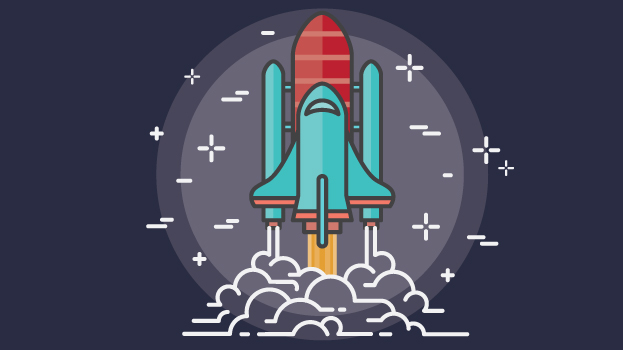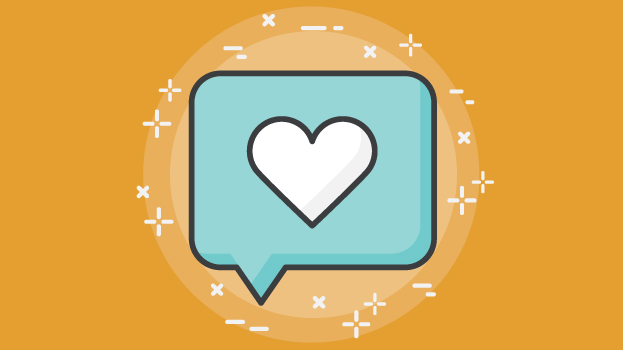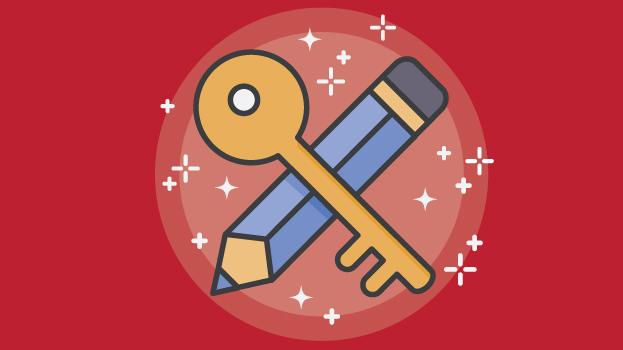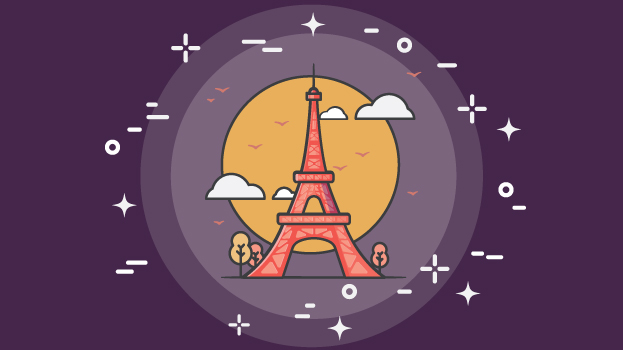For the better half of 2020, we have taken part in the world’s largest psychological experiment and witnessed immense amounts of change in the blink of an eye.
Like with any other global event, the short and long-term impacts on people are undeniable. From the way we perceive life, to the way we communicate or even the way we think, life as we knew it in 2019 will never be the same again.
For many of us, this period has seen us take a step back and reassess different aspects of our lives, work included. And whenever there is great change also comes great discomfort. Yet, among the many difficulties COVID-19 has created for individuals and businesses alike, it has also opened up unforeseen opportunities to rethink “the norm” and perhaps reconsider reviewing the foundations that we’ve built as a community.
With that in mind, now is the time to think about how this “new normal” will impact your business. Questions to ask yourself include but aren’t limited to: What will my post COVID-19 employees want and look for? Is how I operate as a business still relevant? Does our leadership team have the skillset to navigate this “new normal”? How ready are we as a business to embrace change?
To help you answer such questions, we’ve rounded up some key takeaways to consider below.
What Have Been Our Key Takeaways So Far?
Working from home is possible
If there is one thing that is undeniable, is that the pandemic has fast-tracked flexibility at work and remote working like never before. Forced into isolation, many have now experienced the many benefits of working from home, including no office distractions, zero commuting, better work-life balance, cosy clothes… etc.
Whilst many companies have been reluctant to offer flexibility and working from home measures in the past, this attitude is long gone, with the crisis forcing people to leave their comfort zones behind and learn how to collaborate at a distance efficiently.
Whilst companies were pushed to embrace flexibility quicker than ever imagined (which might have felt rushed initially), this opened up a great opportunity for them to rethink their work practices as well as upgrade their software and / or systems to make the transition smoother. Changes in this regard aren’t set to stop there, but this is a great start.
It is worth keeping in mind that now that COVID-19 has proven that remote working is possible for most, the employees of tomorrow will expect their workplace to continue being flexible and accommodating well past the time we’ve “returned to normal”.
Work-life balance is essential
It is estimated that over our lifetime, we spend up to 80,000 hours at work. It should therefore come as no great surprise that work has an important role in our physical and mental wellbeing.
Yet, there is more to life than work. After all, life comes first and as we’ve been forced to work and live at a slower pace, people have had more time to rethink their priorities.
Making sure your employees stay engaged, motivated and passionate will be key. And ensuring they have enough time to dedicate towards what matters to them will be a big part of that!
For this reason, we believe the future workforce will be looking very closely at employee benefits and will most likely be expecting something a little different to the usual healthy snacks or gym membership discounts. Post COVID-19, we imagine they’ll be seeking perks that address their wellbeing on a holistic level, as well as further understanding and social support from their employer.
Technology is no longer just a means to an end, but an intricate part of life
For some, technology may have been considered a means to an end, rather than an essential. But not post COVID-19! Forced to use and make the most of technology, people and organisations are learning and changing at an unbelievable pace.
Further to that, it has opened the floodgates to many seeing the potential of continuing some of these practices in the post-COVID-19 world.
As mentioned earlier on, many businesses have had to upgrade their software, adopt new ones and train their employees on how to use them. This new found knowledge or new tools must continue to be utilised and built upon in order to see a return on investment.
This adoption of technology has had an enormous impact on collaboration as well. Microsoft Teams has already reached 44 million daily users, twice more than in November last year.
Other collaborative tools such as Slack, Asana or CoSchedule, just to name a few, have seen a spike in their usage. Once adopted, employees will get used to this form of collaboration and teamwork. Companies will have to work around this and embrace this new way of working.
Lastly, technology has shown that many things can be done virtually. This added to the comfort of spending more time with family may impact business travel, which may no longer be seen as essential.
Human connection is not optional, but essential, to our survival
Psychologist Susan Pinker notes that direct person-to-person contact triggers parts of our nervous system that releases a “cocktail” of neurotransmitters tasked with regulating our response to stress and anxiety.
To put it simply, face-to-face interactions could be key in fostering resilience to stress factors in the long term.
Despite an obvious digitalisation of our lives and relationships, the extended amount of time spent in confinement has made people realise that human connection is crucial and not easily replaced, even through visual queues on screen.
In the business world, this means that the time dedicated to interaction will have to be optimised. While some tasks and meetings will be able to be done digitally, activities will have to be organised in order for people to socialise and meet the human need that is socialisation.
Empathetic leadership is more important than ever
It is without great surprise that the immediate impact of COVID-19 is on people. As such, the way leaders will manage and lead this “new workforce” will be key in retaining and attracting talent.
Characteristics such as clear communication, calmness, vulnerability, agility and commitment will be key in demonstrating care for their workforce.
Tough management methods which may have worked to get things done in the past will no longer be favoured in future workplaces as employees seek more understanding and social support.
What Can (And Should) Businesses Start Focusing On?
Policies focusing on flexibility
With a third of the population having been or still in lockdown, we’ve seen a huge increase in telecommuting, and all signs lean towards this being a very big part of our future.
A recent PWC Survey showed that 49% of businesses will make remote work a permanent option for roles that allow it. In addition to this, a survey from Seek found that both Australians (59%) and New Zealanders (49%) valued ‘Flexible Work Arrangements’ as the most appealing employment perk.
With that in mind, the ability to work remotely or have flexible hours will most certainly become a job criterion for future talent.
Employees post-pandemic will not necessarily want to work remotely every day but they will most certainly expect flexible arrangements to cater to their needs.
Starting and ending the day at a set time will be a thing from the past and employers will need to be prepared for it. Do you have policies and procedures in place to ensure a smooth transition into the new normal? If not, now is the time to create one.
In addition to this, perks may also have to be reviewed with home stipends becoming one of them.
Company culture
Despite the understandable (and necessary) desire to boost sales and bring cash flow back to a decent level again, fostering a strong company culture by bringing your people together is detrimental to your company’s success, today more than ever.
This will not only be necessary to keep your employees engaged but also to bring a larger sense of meaning and belonging.
After having spent weeks in containment, people will want to connect again, and sometimes on an even deeper level than before. As such, you may want to think about organising activities to bring this sense of community back and enable people to gather again, in a safe way.
As mentioned above, those weeks out of the rat race have also made people reassess many aspects of their lives, and especially their work. In the past, many studies have shown that millennials would give up a pay raise for more meaningful work. We predict that this trait will now extend beyond millennials, with the entire workforce most certainly looking for more meaning in what they do.
So what does this mean for companies? Doing great work and making a difference through your business could (and should) go way beyond the office. In this new future of work, businesses who wish to thrive will have to pay more attention to their “giving back” initiatives.
It will also mean that tomorrow’s workers will want more out of their work than a simple paycheck. They will ask for a sense of community, of belonging. Ask yourself, have you ever asked your staff what they would like to see more of at work, what they care about and how they think the business could help the greater community?
This might be a great time to start looking into Corporate Social Responsibility for instance.
Workplace design
Finally, one of the obvious changes that is about to happen in the near future is with regards to the physical workplace. In the PWC survey mentioned above, 65% of CFO surveyed stated that they would reconfigure worksites to promote physical distancing and 26% said they plan on reducing their office real estate footprint.
This means that you might need to re-think the way your office is organised and maintained. From cleaning to space between desks, nothing will have to be left aside as employees will need to feel safe coming to work.
On top of this, the “cocooning” feeling and comfort that your staff experienced when working from home will likely be expected in the office as well. This might mean including more spaces for relaxation as well as isolation and perhaps, and perhaps an end to open spaces…
The “new normal” is about to begin and no one knows what it will look like. What we do know though is that the lessons we’ve learnt in the past few weeks will shape the way we interact with one another, the way we think and the way we plan things.
Whilst nothing is certain, the behaviours observed give us tangible information to predict some changes and make us a bit more prepared for this new way of working. So, how will you prepare for the future of work?













 May 14, 2020
May 14, 2020 







